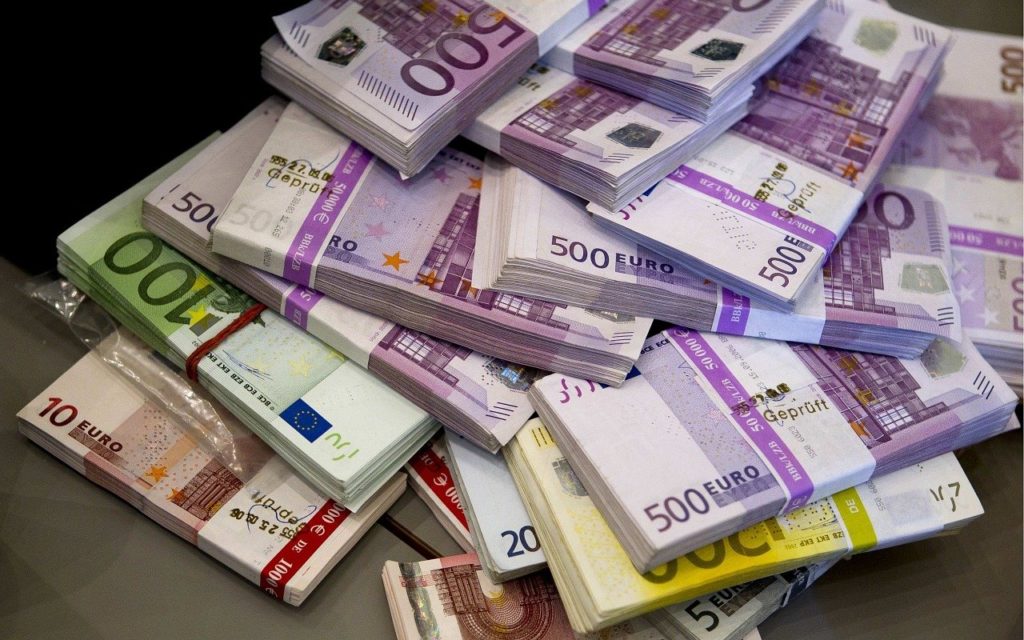Belgian investors lost an eye-watering €30.6 billion between the end of March and June, according to Belgian newspaper La Libre Belgique, with reference to statistics published by the National Bank of Belgium.
These massive losses have been caused by a series of issues in the European markets. Massive demand following the Covid-19 pandemic, paired with international logistical issues due to the war in Ukraine and hangovers from the pandemic, have caused prices to soar.
This has only served to aggravate rampant inflation, which was already becoming an issue last year. The rising cost of energy, as a result of the war in Ukraine, has further weighed on the value of investments made by Belgians. On the markets, the war served to destabilise investments and reduce investor confidence.
At the end of March, the total value of Belgian investments was €381.6 billion. Just three months later, this fell to €351 billion.
The value of almost all types of Belgian investments has fallen. The value of investment funds dropped from €266.2 billion to €248.8 billion, listed shares from €88.6 billion to €77.2 billion, and debt securities from €26.8 billion to €25 billion.
As a natural response to high inflation, and the declining value of investments, European central banks have opted for fiscal tightening, rising interest rates. This has not, however, prevented a fall in the value of bond securities. Risk premiums are up and investors are exiting the markets, cutting their losses or taking home the profits.
Related News
- European Commission expects low growth in 2023
- How the Belgian economy should look by 2027, official forecast
This is ultimately a worrying sign. Across the European Union, countries are revising their growth predictions. In the second quarter of this year, Germany failed to grow at all, and Belgium has revised its GDP growth downwards to 0.6% compared to the last quarter.
For now, major international corporations have fared reasonably well, despite external market shocks. If not for the steadfastness of blue-chip companies and Europe’s industry, this fall in investments may have been much worse.

